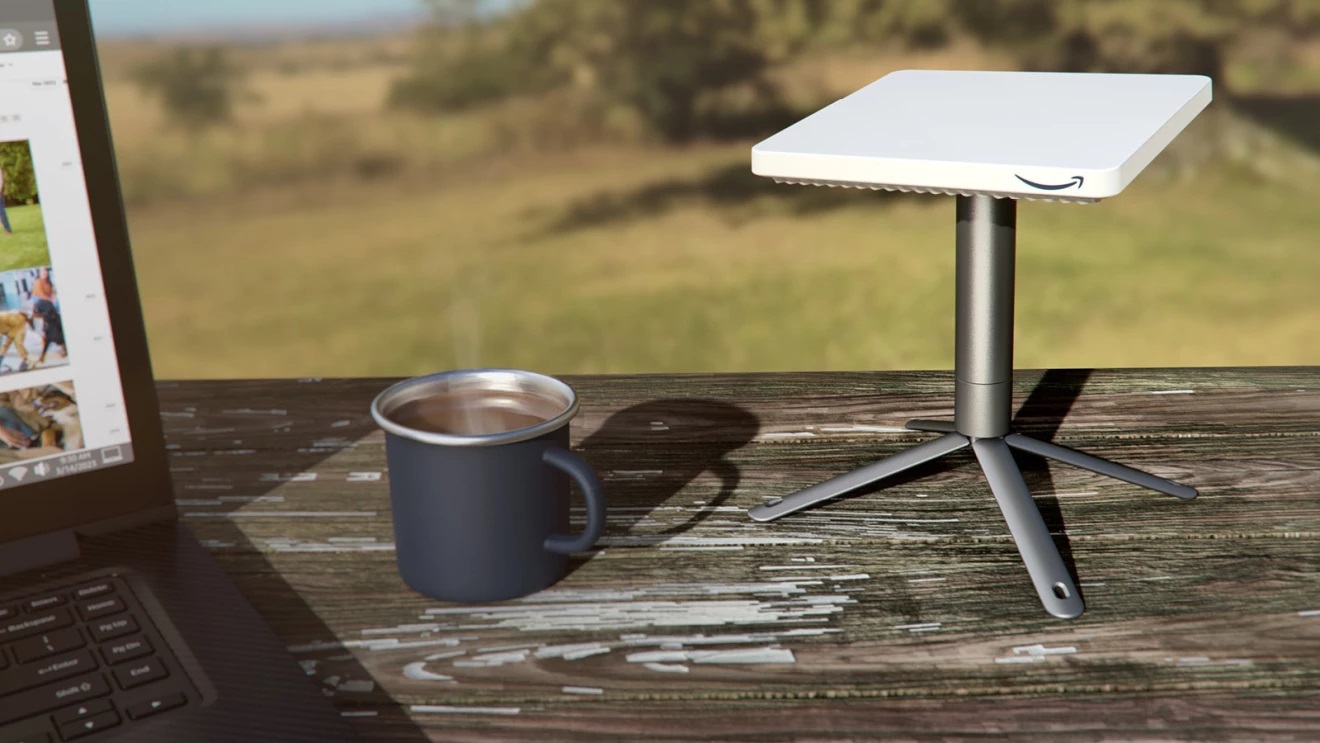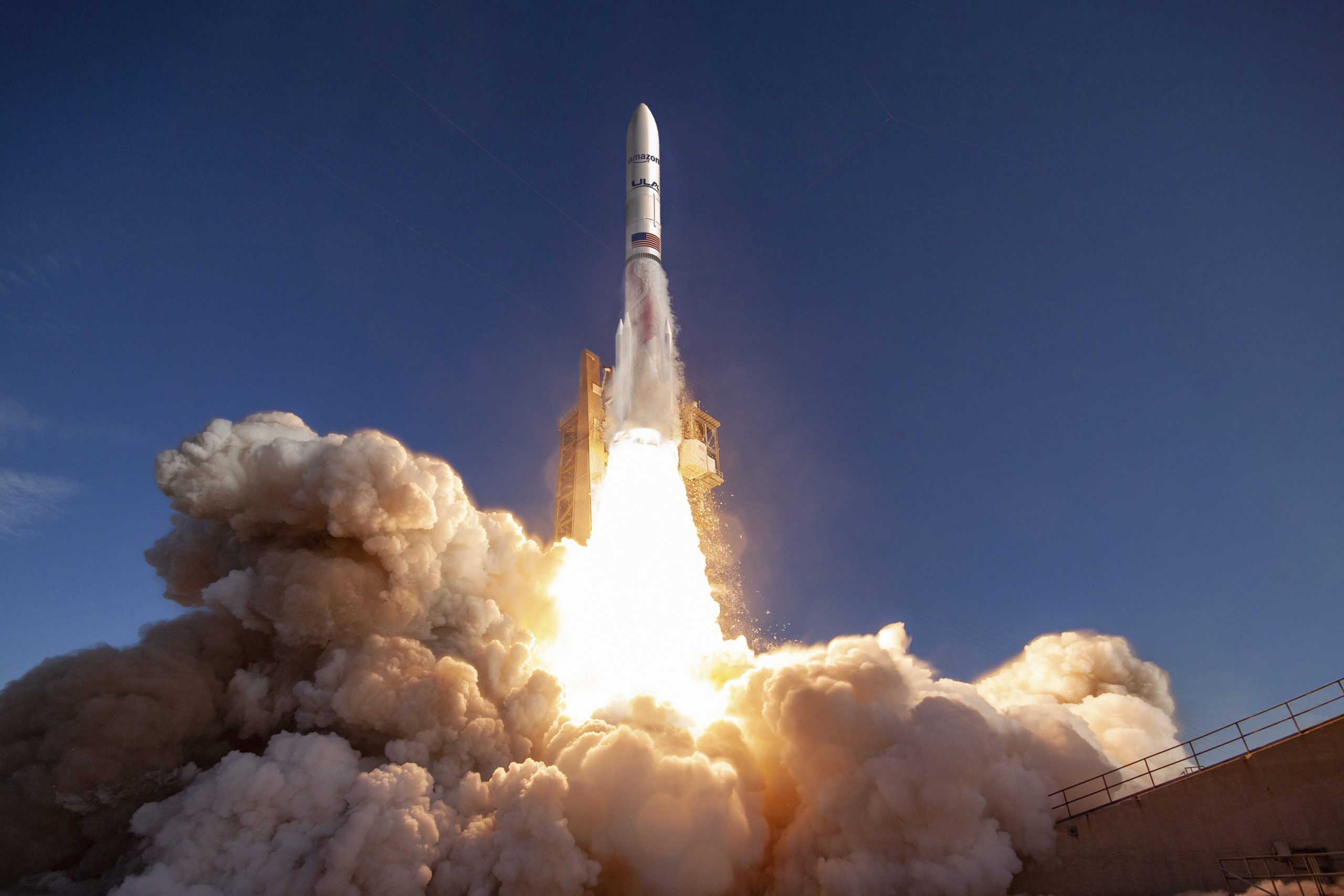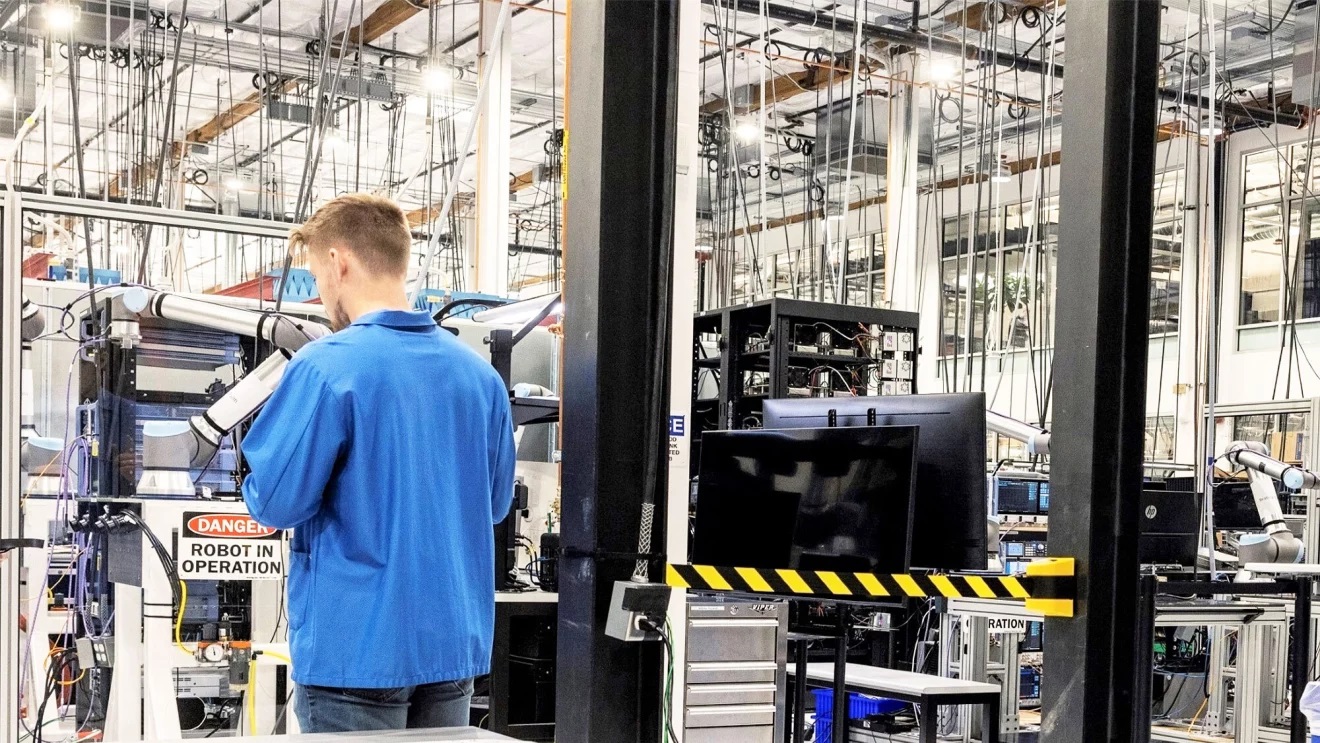Amazon has provided an update about its forthcoming Project Kuiper satellite service that will deliver high-speed broadband internet globally to consumers, businesses and governments.
Amazon in a blog update on Thursday announced that its two prototype satellites for Project Kuiper have been operating successfully in orbit.
Amazon also confirmed that the Project Kuiper satellite service is on track to start launching operational satellites “in the first half of 2024, before entering beta testing with select customers later in the year.”

Image credit Amazon
Prototype satellites
In October 2022 Amazon had revealed that Project Kuiper would launch two prototype satellites (known as Kuipersat-1 and Kuipersat-2) on the first flight of United Launch Alliance’s (ULA) new Vulcan Centaur rocket in early 2023.
Amazon then launched its first two prototype satellites on United Launch Alliance’s (ULA) Atlas 5 rocket in August from Cape Canaveral.

Now in its detailed update about the prototypes, Amazon said that “within 30 days of sending two prototype satellites into space, Project Kuiper has achieved a 100 percent success rate for its Protoflight mission, validating key technologies that underpin the network and moving the program another step closer toward that long-term vision.”
It said that every major system and subsystem on board the two prototypes – from flight computers and solar arrays to our propulsion system and advanced radio frequency (RF) communications payload – demonstrated nominal or better performance following launch.
Amazon said these tests have allowed it to validate the architecture and design of its satellite constellation and to conduct demonstrations of 4K video streaming and two-way video calls over the network.
Amazon said it used the prototype satellites for brief two-way video calls, streaming a high-definition movie on Prime Video, and ordering items off Amazon’s website.
Large-scale deployment
It said that with initial testing complete, Project Kuiper is on track to begin mass satellite production ahead of a full-scale deployment starting in the first half of 2024, before entering beta testing with select customers later in the year.
“Kuiper was an idea on a piece of paper a few years ago, and everything we’ve learned so far from our Protoflight mission validates our original vision and architecture,” said Rajeev Badyal, vice president of technology for Project Kuiper.
“We still have a lot of hard work ahead, and scaling for mass production won’t be easy,” said Badyal. “To get these results on your very first mission though – and so quickly after launch – is an incredible feat, and it’s only possible because of the expertise and dedication of our team here at Amazon.”
On the heels of the successful prototype tests, Amazon expects to start building production-ready satellites next month for a launch in the second quarter of 2024, Badyal told Reuters.
It should be remembered that Amazon in October 2022 had revealed it was expanding its Project Kuiper manufacturing capability, with the development of a dedicated, 172,000-square-foot satellite production facility in Kirkland, Washington.

Badyal declined to say how many satellites Amazon would launch per rocket.
Badyal however reportedly said he expects the network will be capable of providing broadband coverage in some parts of the world by late 2024, for an early beta phase targeted to begin in early 2025.
Satellite connectivity
Amazon’s founder and former CEO Jeff Bezos had announced Project Kuiper back in 2019. Bezos admitted at the time that Project Kuiper would cost billions of dollars to build.
Then in July 2020 the Federal Communications Commission (FCC) gave its official approval for Amazon’s Project Kuiper satellites – Amazon pledged to invest $10 billion in the project.
Project Kuiper aims to provide high-speed, low-latency broadband to a wide range of customers, including individual households, schools, hospitals, businesses, government agencies, disaster relief operations, mobile operators, and other organisations working in places without reliable internet connectivity.

Image credit Amazon
Amazon plans to launch 3,236 satellites into low Earth orbit by 2026. Incidentally, the US FCC has required Amazon to deploy half of its more than 3,000-planned satellite constellation by 2026.
To this end Amazon in April 2022 signed a rocket deal with three firms to provide heavy-lift launch services for Project Kuiper.
Project Kuiper will put Amazon into direct competition with the likes of Elon Musk’s SpaceX Starlink service, and OneWeb – both of which are providing broadband internet around the world.




